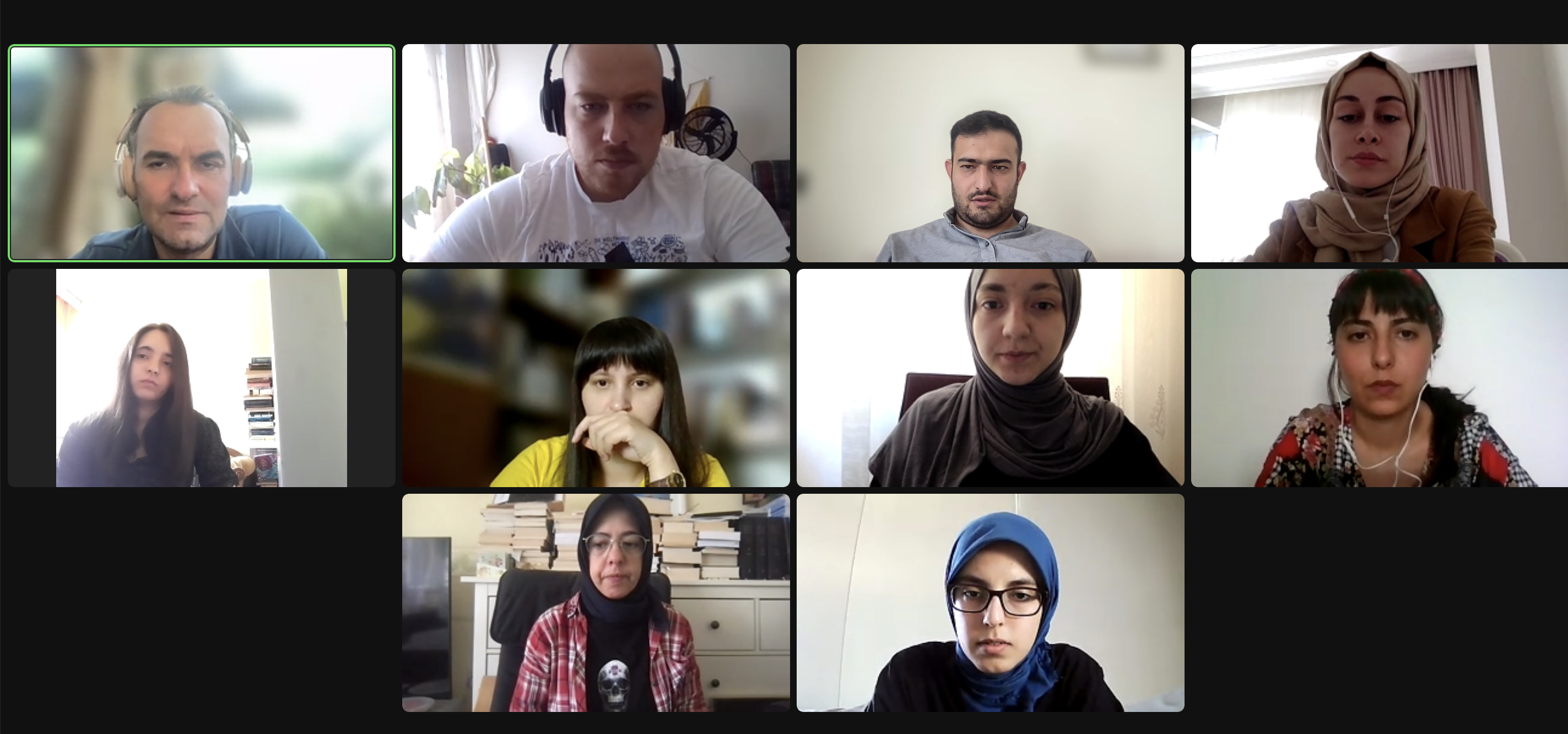OUR STORY
A trilogy of research projects (funded by Tubitak) on religiosity, spirituality and nonreligiosity in Türkiye
Our project constitutes the third part of the field research we have been conducting in the sociology of religion in Türkiye since 2008. Between 2008 and 2011, in our research titled “Social Structure and Religion in Türkiye”, we focused on traditional-conventional religiosity and tried to describe religious belief on the axis of certain social tensions. We mentioned that religiosity in Türkiye is experienced on five axes of tension (the otherworldly and every day (i), the traditional and the modern (ii), the public sphere and the private sphere (iii), text and praxis (iv), and finally religious knowledge and scientific knowledge (v) and that religiosity is shaped in the process of trying to resolve these tensions. We tried to understand how religion comes into play in a dilemma faced by individuals in their daily lives at home, in their families, or their professional lives. For example, we found that religiousness also takes shape during the decisions made by individuals torn between scientific knowledge and religious knowledge. We stated that the choices made by individuals in the tensions they experience shed light on the religiosity in our country. Looking back now, we see that in some situations we described as tensions, the constitutive element is la-religiosity. For example, during this first study, we discussed dilemmatic ethical issues related to the birth of a baby known to have Down syndrome during pregnancy, and we observed how important la-religious arguments were in the attitudes of the participants in these discussions. In this study, we found that “the society in Türkiye is not divided into two black and white segments as religious and non-religious or believers and non-believers; on the contrary, since people who are called secular also have some kind of relationship with religion, it would be possible to call these people ‘secular religious’; similarly, most of the people in the category that can be defined as conservative religious embrace living in a secular and pluralistic society” (Akşit et al. 2012: 530).
In this research, we also interviewed children of secular families who were distant from the official religion and realized that some of these children had a reactionary attitude towards the materialist worldview that underlies the secular worldview. We addressed this issue in our second research project titled “Spiritual Seekings in Türkiye”, which we conducted between 2018 and 2020. Based on the previous research, the main argument we put forward here was that individuals prefer to search for a spirituality that is distant from official religion and unique to themselves to escape from the tensions and traumas they face in their daily lives. In this research, we argued that the rise in spirituality in recent years is one of the important manifestations of this “secular religiosity.” In the book we prepared for İletişim Yayınları, we discussed this observation in the chapter titled “Spiritual children of Kemalist families,” in which we pointed out that the majority of the people involved in spiritual movements come from Kemalist families. In the same research, we argued that the seemingly marginal spiritual searches and the rise of spiritual movements should be read as a symptom of a larger spiritual crisis that has spread throughout society, encompassing both the secular and the religious.The group we focused on in this research, namely the Spiritual seekers, was specifically defined as spiritual but not religious. The participants were raised in secular families who were already distant from religion but later realized the existence of a spiritual realm and embarked on a spiritual journey. You can look at our authored book for the more detailed discussions of our last research project ‘ Türkiye’de Spiritüel Arayışlar’ (Spritüel Seekings in Türkiye)
In this research, we plan to focus on a different phenomenon. The phenomenon that we aim to address within the category of la-religion is related to leaving religion, approaching organized religion critically, rejecting religion, and seeking something other than religion, which has become more and more influential in recent years. This research focuses on another consequence of the spiritual crisis: nonreligiosity. This time we will try to discover which tense situations are the sources of la-religiosity, which is said to be on the rise in Türkiye. In the project “Spiritual Seekings in Türkiye”, we focused on spiritual seeking outside of organized and institutional religion through practices such as yoga, meditation, etc. This time, we aim to explore the seeking dynamics of those who reject, doubt, and react to religious beliefs, affiliations, and behaviors.

